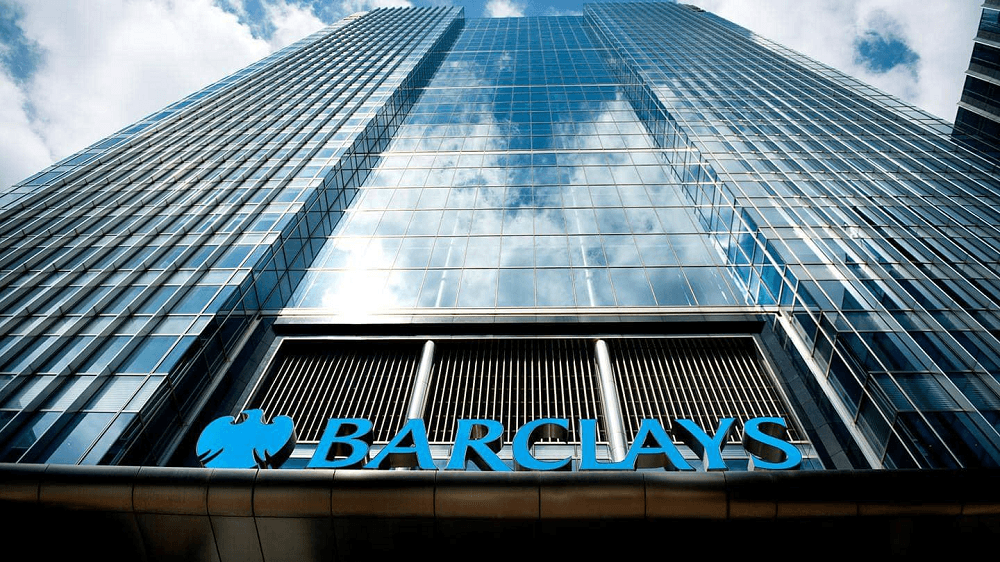A panel discussion organised by UK industry association Innovate Finance explored the progress of UK open banking, almost two years into its implementation

There's still plenty to come from UK open banking
Open banking in the UK has been up and running for almost two years now, but the view from the industry is that financial services providers have barely scratched the surface of its potential impact.
Powered by application programming interfaces (APIs), open banking is a European and UK regulator-mandated initiative designed to boost innovation, security and competition within the banking industry by using digital tools to facilitate customer data sharing between service providers.
While notable progress has been made in terms of compliance with the new rules and the success of a handful of personal finance disruptors, there remain “huge opportunities” for the initiative to be taken further and to deliver more widespread innovation across the market.
This was the conclusion of a panel of open banking experts last week, who spoke at an event run by fintech industry organisation Innovate Finance at Revolut’s HQ in London.
These opportunities do not just exist for challenger banks and other fintech disruptors — they are there for the big incumbents too, and even go beyond the finance industry towards a concept of “open everything”.
UK open banking has ‘barely scratched the surface’ of its potential
Earlier this month, the final stage of the European Union’s PSD2 directive — the rules that initiated the push for open banking – was implemented across the region.
Strong customer authentication (SCA) is intended to deliver better security for digital payments by requiring service providers to introduce two-factor authentication when verifying customer identity.
While some payments providers have been granted extra time to become compliant with the rules, the passing of the SCA deadline means that organisations can now begin to look beyond strict compliance issues and towards making the most of open banking opportunities.

Huw Davies, head of premium APIs at the Open Banking Implementation Entity (OBIE), said: “The UK has come a really long way in the last couple of years — we have most of the banks using a strong standard, and there’s a central trust framework.
“But a lot of the implementation to date has been to meet the minimum requirements of the regulation — so the market will evolve based on needs.
“We’ve barely scratched the surface in terms of the potential. Fundamentally open banking is a secure, digital way to provide consent to do something.
“If you start looking at combinations of that it gets really powerful.”
The UK has been a pioneer of open banking, but others are now following
The UK has been a pioneer in open banking, with a government-ordered deadline imposed on the country’s nine biggest banks to achieve compliance with the standards set out by PSD2.
While this more draconian approach may have ruffled the feathers of the incumbent institutions, it has ultimately placed the UK at the forefront of open banking activity.
Matt Cockayne, CCO of London fintech Yapily, said: “The banks have been dragged kicking and screaming into open banking.
“When it went live last year the journeys were pretty awful. The cynic would say that was deliberate, the optimist would say that it was just because of their situation.
“But the UK’s definitely further ahead with open banking — and part of that is because we have the implementation entity, which has held banks’ feet to the fire.

“Other territories now looking to follow have learnt from what hasn’t gone so well in Europe.
“Mexico, Brazil, Canada, Nigeria, South Africa, Singapore are all looking to get into this — so there are a lot of fast followers.
“They will pick up a lot of what has been done well in the UK and Europe, but they will also probably improve on the pieces that could have been done better.”
Payments and SME services are ripe for innovation through UK open banking
Much of the attention for UK open banking so far has been for challenger banks like Monzo, Revolut and Starling, which have made significant gains in disrupting the personal finance space.
But for the panel, finding new-use cases for open banking will be a key measure of its success, with payments and SME banking identified as prime targets for innovation.
James Black, counsel at UK law firm Hogan Lovells, and specialist in open banking, said: “The most exciting use cases are not out there yet. The one I’m waiting to see where the value lies is in the payments space.
“I’m still waiting to see a really good payment initiation service that can compete with debit cards in particular — undercut Visa and Mastercard, provide a useful service to merchants because they get money quicker and cheaper, and make ecommerce easier and simpler for users.”

Yapily CCO Cockayne added: “On the payments side, open banking is really going to be driven by the merchants.
“If open banking payments take off it’s got to be merchant-driven — they need to drive payment adoption because it’s a new technology and it’s going to take time.
“Everyone talks mainly about the consumer side, but I think it’s much more on the SME and business side where the opportunity for open banking lies.
“How can you help SMEs get paid quicker? Reconciliation is a massive thing.
“Allowing SMEs to access better financial services is an important piece of the puzzle.”
Opportunity for incumbents to benefit from UK open banking, too
The incumbent banks, which have been mandated to open up their customer data repositories, are often considered to be the ones losing out in the drive towards open banking, but the panel argued this does not have to be the case.
Opportunity to innovate and create better digital products for customers exists for them too, if they can embrace open banking.
Joshua Fernandez, open banking product owner at Revolut, said: “It’s easy to think as an incumbent bank that this is an opportunity to lose business, but it’s really an amazing opportunity for them to innovate, to get up to speed with new technology and to compete with the other fintechs out there.
“They have the user base, they have the deposits and the money — there’s a great opportunity to use it for their own benefit, and to change years and years of legacy.”

For Cockayne, it’s down to the big banks to get beyond thinking about compliance, and to respond to the challenge laid out in front of them.
He said: “It fundamentally comes down to the compliance versus opportunity mind-set.
“Most banks are still in compliance mode. Innovation teams within the banks are maybe in opportunity mode, but they are being killed by compliance and risk.
“You see different views in different countries. For instance, a recent report I read said 65% of German financial services executives are in compliance mode, they don’t see an opportunity.
“Those guys are going to become commoditised and disrupted, and they’re just going to end up holding accounts and deposits.
“It’s a massive opportunity but you have to respond.”
Open banking is a start towards ‘open everything’
The framework for sharing customer data created by open banking has wider implications than just shaking up the financial services industry.
As the ecosystem matures and becomes more well-defined, the panel suggested that open banking will lay the groundwork for a push towards “open everything”.
The OBIE’s Davies said: “What we’ve actually got is an infrastructure for customers and businesses to grant consent in a secure way to do something.
“And we’ve also created an infrastructure for parties to identify themselves and prove what they can do.
“It’s a customer-facing consent infrastructure with a supporting trust framework beneath it. That’s highly accessible to other industries.
“Open banking is a start towards open everything and genuine customer ownership of their data and money, as well as a movement towards really explicit consent and a much more important currency around trust.”
James Varga, CEO of UK fintech The ID Co, added: “There’s going to be an inevitable step forwards toward open finance and open data. Even healthcare… is starting to look at that approach.
“Open banking has set the framework for the concept that these things are okay.
“The huge amount of regulatory effort that the UK has gone through to cater towards the sharing of data should not be under appreciated, because it’s the thing that’s now going to catalyse the rest of the world and other industries.
“We are now starting to see that shift in movement, which is now centred on the individual, which is hugely exciting.”
